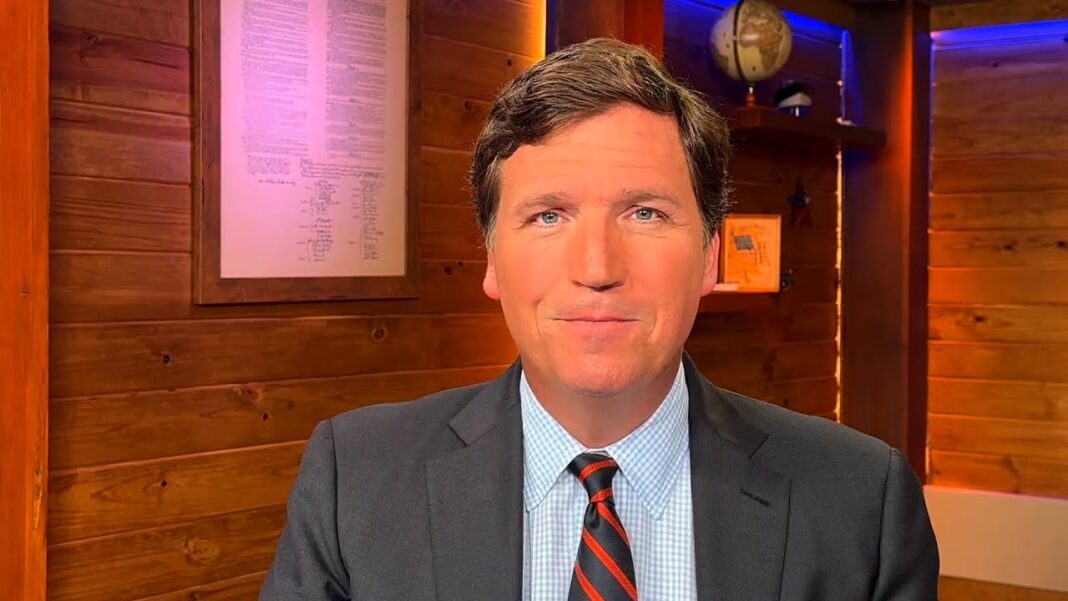Some members of the House Freedom Caucus said that a proposed deal announced by House Speaker Kevin McCarthy (R-Calif.) to raise the debt ceiling for two years ahead of a possible federal government default doesn’t go far enough.
Negotiators are now racing to finalize the bill’s text. McCarthy said Saturday that House will vote on the legislation on Wednesday, giving the Senate time to consider it before June 5, the date when Treasury Secretary Janet Yellen has said the United States could default on its debt obligations if lawmakers did not act in time.
But Rep. Andrew Clyde (R-Ga.), one of the House Freedom members, wrote that he would pass on the proposed deal. “A $4 trillion debt ceiling increase? With virtually none of the key fiscally responsible policies passed in the Limit, Save, Grow Act kept intact? Hard pass. Hold the line,” he wrote on Twitter Saturday.
“I listened to Speaker McCarthy earlier tonight outline the deal with President Biden and I am appalled by the debt ceiling surrender. The bottom line is that the U.S. will have $35 trillion of debt in January, 2025. That is completely unacceptable,” Rep. Ken Buck (R-Texas) wrote on Twitter, echoing statements made by other caucus members.
“A $4T debt ceiling increase with virtually no cuts is not what we agreed to. Not gonna vote to bankrupt our country. The American people deserve better,” wrote Rep. Ralph Norman (R-S.C.) on the social media platform, while Rep. Chip Roy (R-Texas) wrote Sunday that the proposal includes “ZERO claw back of the $1.2 Trillion ‘inflation reduction act’ crony giveaways to elite leftists for grid-destroying unreliable energy.”
The agreement would keep non-defense spending roughly flat in the 2024 fiscal year and increase it by 1 percent the following year, as well as provide for a two-year debt-limit increase—past the next presidential election in 2024, an anonymous source told The Associated Press over the weekend. The final details of the proposal have not yet been released to the public.
Some conservatives expressed early concerns that the compromise does not cut future deficits enough, while Democrats have been worried about proposed changes to work requirements in programs such as food stamps.






